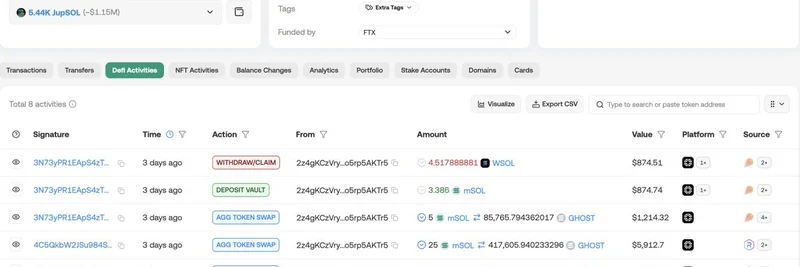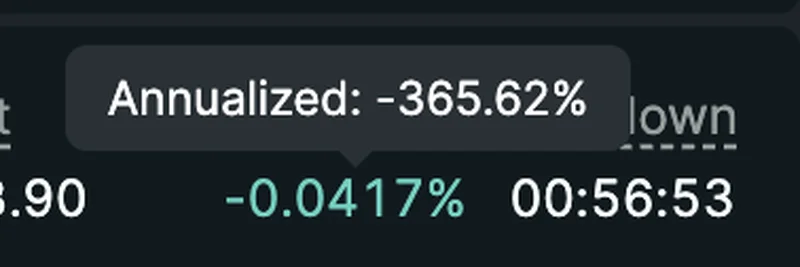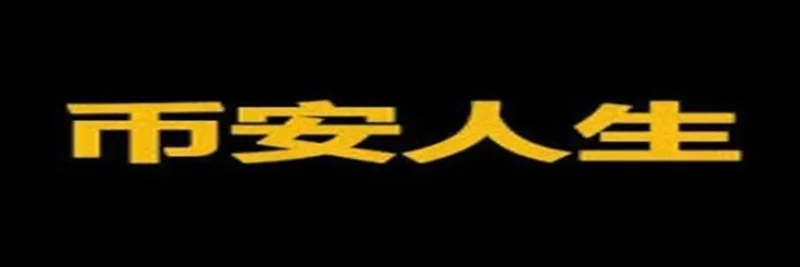Hey there, meme token enthusiasts! If you’ve been scrolling through X lately, you might have stumbled across a post by @bunjil that’s got people talking. The tweet hits on a frustration many of us feel: the overused “chosen one” trope in storytelling, especially when it creeps into the world of meme tokens and blockchain projects. Bunjil writes, “protagonist ends up being descendant of someone great or the chosen one all along / i hate that shit / why can’t it just be some guy who wanted it bad - that character always ends up like a scheming bad guy like littlefinger / i want that nobody to win big.” This sparked a thread tied to an earlier post by @meowtrailblazer about annoying tropes, and it’s got us thinking about how narratives shape the crypto world.
Why the Chosen One Trope Feels Tired
Let’s break it down. The “chosen one” idea—where a character (or in this case, a project or token founder) is destined for greatness because of some grand lineage or prophecy—has been a staple in movies, books, and even video games. Think of it like Harry Potter or Anakin Skywalker. In the meme token space, this might look like a project hyping up its creator as a crypto genius with a mysterious past, only to reveal they’re “the next Satoshi Nakamoto.” But as Bunjil points out, this can feel forced and predictable.
What’s worse? When these “chosen ones” turn out to be more like Littlefinger from Game of Thrones—scheming behind the scenes for personal gain. In crypto, we’ve seen this play out with rug pulls or overhyped tokens that crash once the hype dies down. It leaves the community feeling betrayed, and honestly, it’s getting old.
The Underdog Appeal in Meme Tokens
So, what’s the alternative? Bunjil’s call for “some guy who wanted it bad” to win big is a breath of fresh air. Imagine a meme token launched by a regular person—maybe a developer or artist with no big name behind them—who builds a project out of passion. This underdog story resonates because it mirrors the decentralized spirit of blockchain. It’s not about who you know or some divine destiny; it’s about hard work, community support, and a little bit of luck.
Take Dogecoin as an example (even though it’s now a giant). It started as a joke by a couple of devs, Billy Markus and Jackson Palmer, and grew into a cultural phenomenon thanks to community drive. That’s the kind of narrative we need more of—projects where the “nobody” rises because the community believes in them, not because they were pre-ordained.
How This Fits Into Meme Token Development
For those of you into token development, this shift in storytelling can influence how you build your projects. Instead of leaning on a flashy backstory, focus on creating a token with solid tokenomics and community engagement. Use tools like ERC-20 or BEP-20 standards to ensure security and scalability, and let your project’s success come from real-world use cases or memes that stick. Companies like Blockchain App Factory can help craft these community-driven tokens, emphasizing transparency over mystique.
Why It Matters for the Future
The meme token space thrives on creativity and relatability. Overusing the “chosen one” trope risks alienating fans who want authentic stories. By championing the underdog, we can foster a more inclusive ecosystem where anyone with a good idea and determination can succeed. Plus, it aligns with SEO strategies using semantic triples to highlight real value—connecting “meme token,” “underdog success,” and “community growth” in a way search engines love.
So, what do you think? Are you tired of the chosen one hype, or do you still enjoy a good origin story? Drop your thoughts in the comments, and let’s keep this conversation going. For more insights on meme tokens and blockchain trends, check out our knowledge base at Meme Insider!



